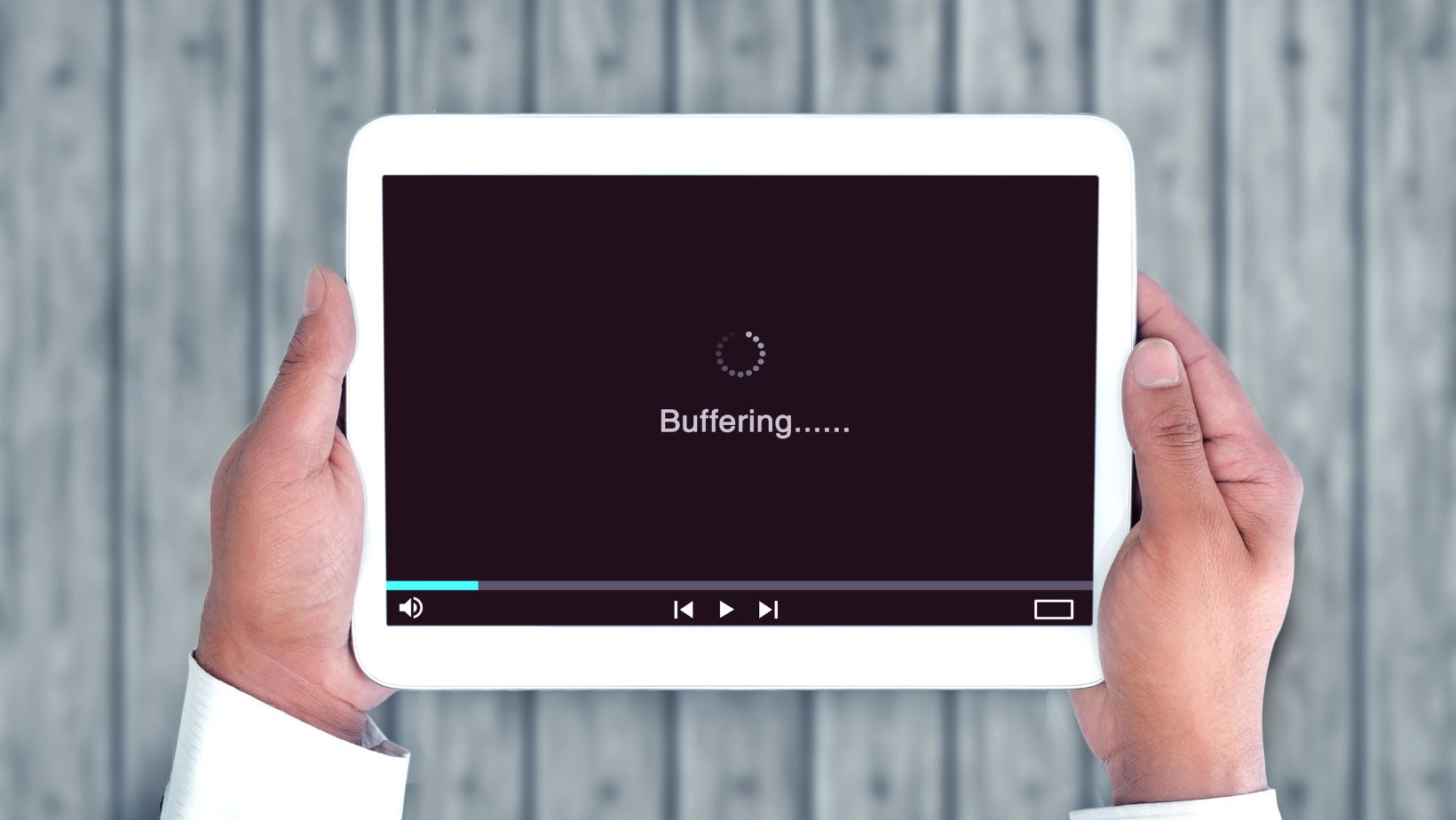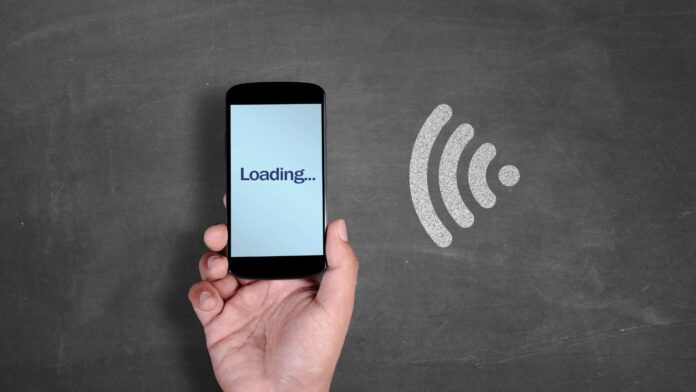Why Is My Verizon Internet So Slow
Are you wondering why your Verizon internet is running so slow? It can be frustrating when you’re trying to browse the web, stream videos, or download files and everything seems to be moving at a snail’s pace. In this article, I’ll explore some possible reasons for your sluggish internet connection and provide suggestions on how to address them.
There could be various factors contributing to your slow Verizon internet speed. One possibility is network congestion. If you live in a densely populated area or during peak usage times, the increased demand on the network can result in slower speeds for all users. Another factor could be outdated equipment such as an old modem or router that is no longer capable of handling higher speeds.
Additionally, it’s worth checking if there are any software updates available for your devices. Outdated firmware or operating systems can sometimes lead to compatibility issues that affect internet performance. Lastly, consider the possibility of signal interference from other electronic devices or even physical obstacles like walls or furniture that may hinder the wireless signal strength.

Verizon Internet: Understanding the Factors That Affect Speed
Network Congestion
One factor that can impact your Verizon internet speed is network congestion. During peak hours when many users are online simultaneously, the network can become congested, leading to slower speeds. This is particularly common in densely populated areas or during events where large numbers of people are connecting to the network.
Distance from the Network Hub
Another factor to consider is the distance between your location and the nearest Verizon network hub. The farther away you are from the hub, the longer it takes for data to travel back and forth, resulting in slower speeds. Unfortunately, this is something that may not be easily resolved if you live in a remote area far from any major hubs.
Wi-Fi Interference
If you’re using Wi-Fi to connect your devices to your Verizon internet, Wi-Fi interference could also contribute to slow speeds. Common sources of interference include other electronic devices like cordless phones and microwaves, as well as neighboring Wi-Fi networks operating on similar frequencies.
To mitigate interference issues, try relocating your router away from these devices and changing its channel settings to avoid overlap with nearby networks.
Equipment Limitations
The equipment you use can also affect your internet speed. If you’re using an outdated modem or router that doesn’t support higher connection speeds or advanced technologies like fiber optic cables or gigabit Ethernet ports, it may limit the maximum speed you can achieve.
Consider upgrading your equipment if it’s been a while since you last updated it or contact Verizon support to see if they can provide you with more advanced hardware.
Conclusion
Understanding the factors that can impact your Verizon internet speed is crucial in troubleshooting and improving your connection. Network congestion, distance from the hub, Wi-Fi interference, and outdated equipment are all potential culprits for slow speeds. By addressing these factors, you can enhance your internet experience and enjoy faster connectivity.


